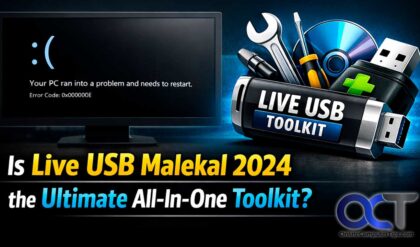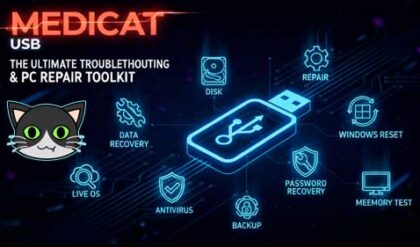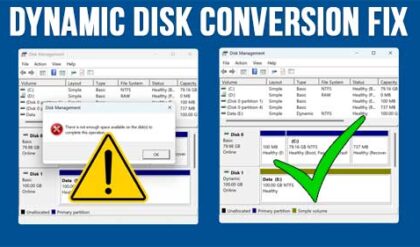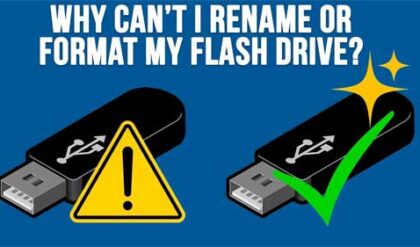Getting locked out of your computer can be a traumatic experience if you have work to do or have no other way to access your files. When it comes to logging into a computer running Microsoft Windows, you can use a Microsoft account or a local account. And if you forgot your password, you will need to find a way to reset it. If you are using a Microsoft account, you can reset it from the Microsoft website assuming you have access to the phone number or alternate email address associated with your account.
If you are using a local account, then you will need to use some type of password reset tool to gain access to your account. These tools can also help if you are trying to get into another computer that you don’t have access to but has a local account configured on it. In this article, we will be showing you how to reset a Windows user password to blank and make them an administrator when locked out of your computer.
This process will only work for a local account, so if you are trying to get into a computer that only has a Microsoft account, you can try to enable the built in administrator account and get in that way. Here is a secondary method you can try to enable the admin account to gain access to your computer.
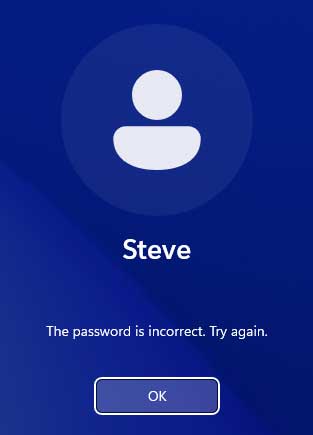
To reset our Windows password and make them ad administrator, we will be using the free Rescutux app that can be downloaded here. You can then use your favorite USB creator tool to make a bootable flash drive that you will need to boot your computer from.
Once you boot to the Rescutux flash drive, you can choose the first option that says Live system (autodetect) by pressing Enter on your keyboard.
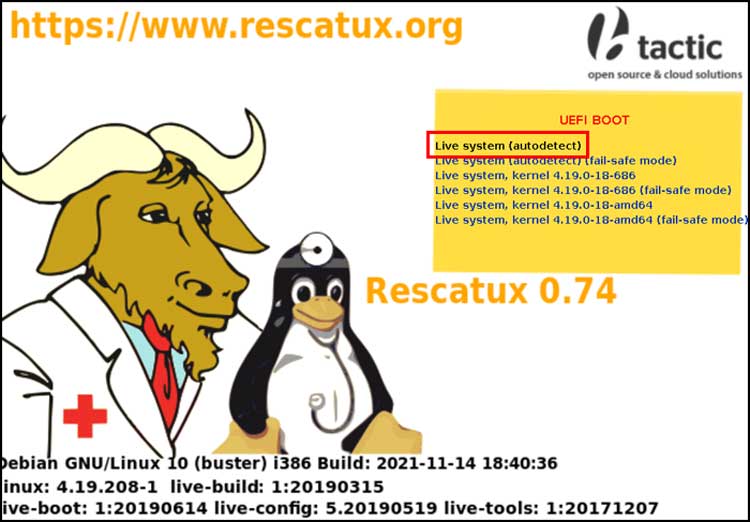
You should then see a dialog box asking if you want to use the default settings or the full wizard. You can just click on the Yes button here.
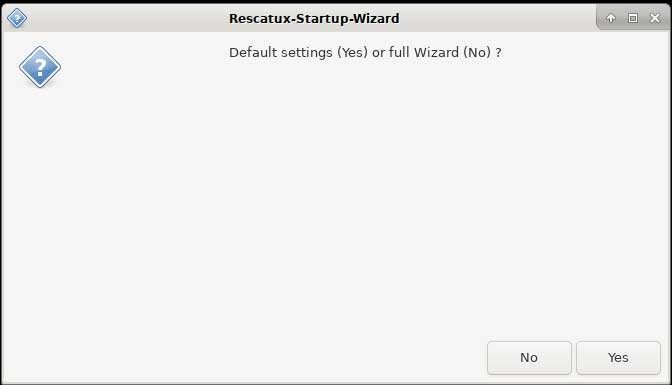
The Rescapp app will then open and perform a self-test. You can then click the Start Rescapp button to continue.
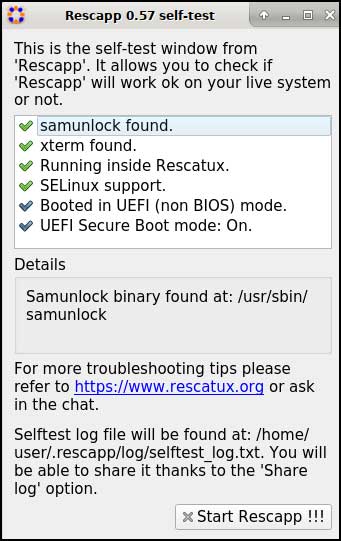
On the next screen, you can click the Menu button to get started unless you want to go through the documentation first.
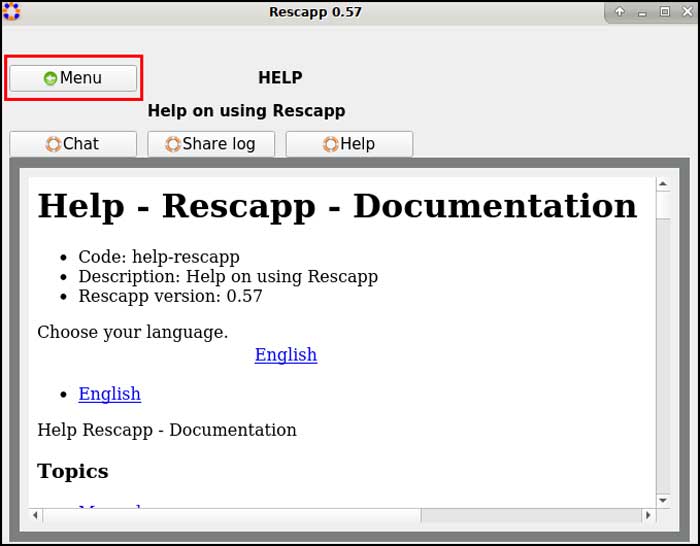
On the next screen, we will scroll down to the Windows section and there are several options we can use:
- Reset Windows Password – This will reset the user password to blank (no password).
- Promote Windows User to Admin – This will make the user a local administrator on the computer.
- Easy Windows Admin – This will reset the password to blank and make the user a local admin in one step. This is the option we will choose.
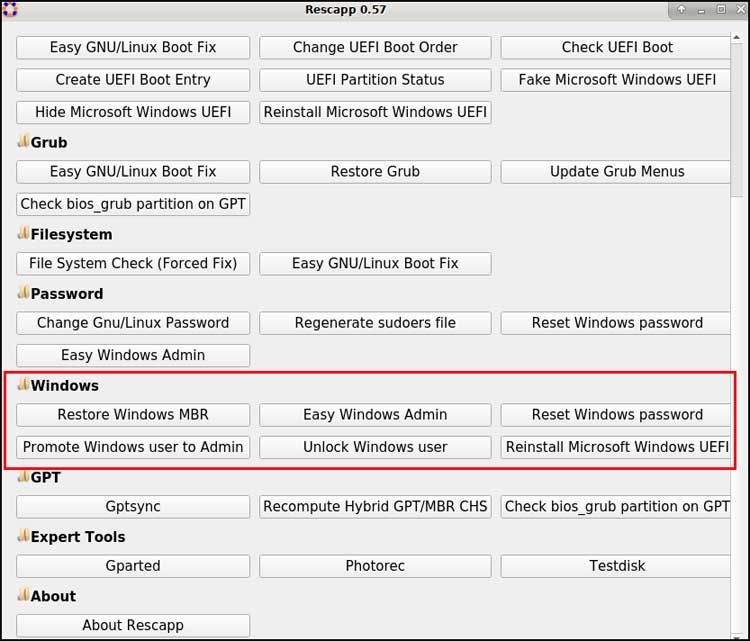
Once you click the button, you can once again read the documentation on the process or click the Run button to start the process.
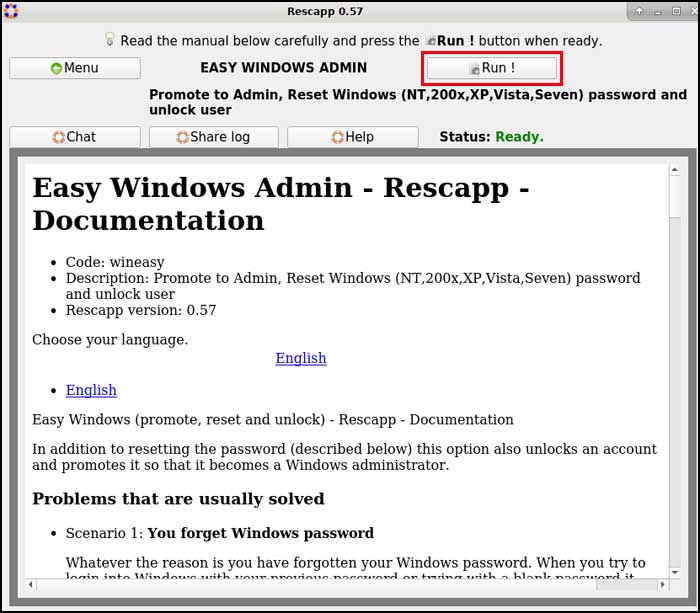
Once you start the process, you will be shown the partition that has Windows installed on it. If you see more than one, look for the one that has Windows in the name and uses the NTFS file system.
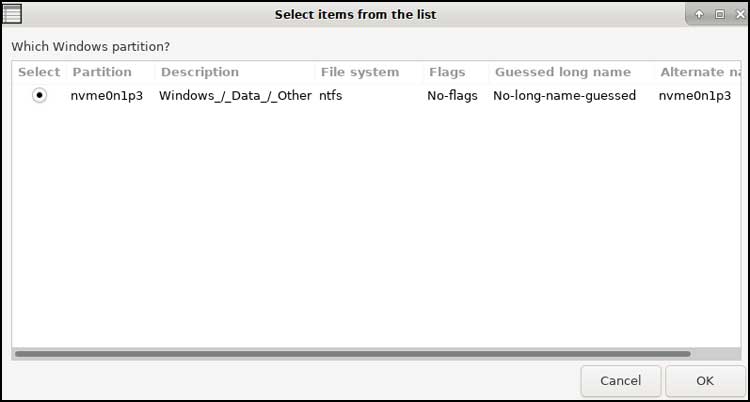
Next, you will be shown a listing of all the accounts on your computer, including system accounts and Microsoft accounts. You will then need to choose the local account you want to change and click the OK button.
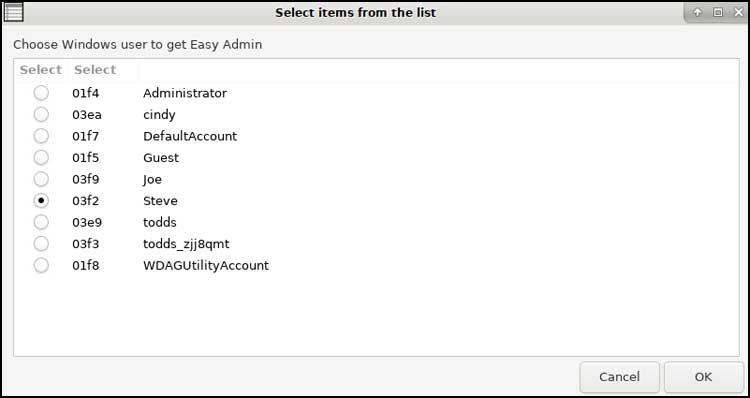
You can then click the Run button on the next page, and you will see the results in the box after it’s completed. You should see success for each part of the process.
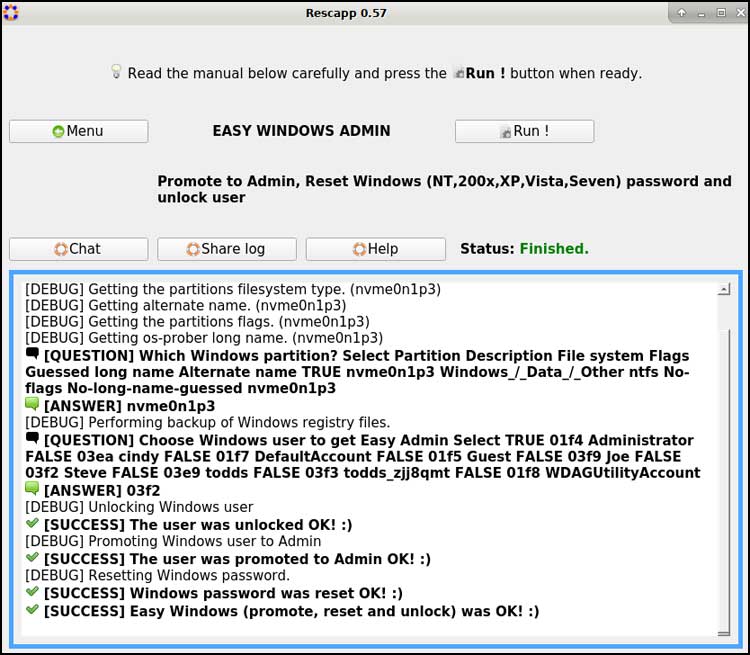
Now you can go to the lower left corner of Rescatux and click the button and choose Leave and then Reboot to restart your computer and go back into Windows. You might want to remove your flash drive first to make sure it doesn’t boot back into Rescatux.
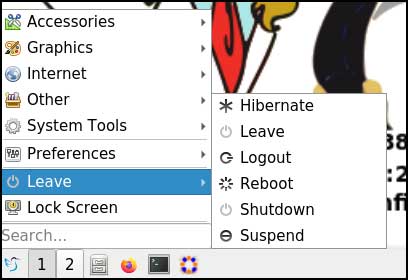
You will then see a message saying all unsaved work will be lost but this does not affect the changes to the user account, so you can click the Yes button.

Now you can log into Windows with this user account and no password. Then you can go to Settings > Accounts, and you should see that the account is now an administrator.
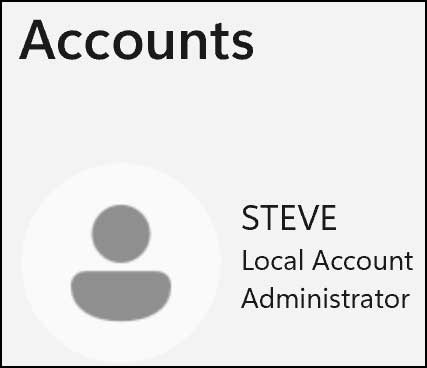
If you want to assign a password to this user account, you can do so from Accounts > Sign-in options and then from the Password section.
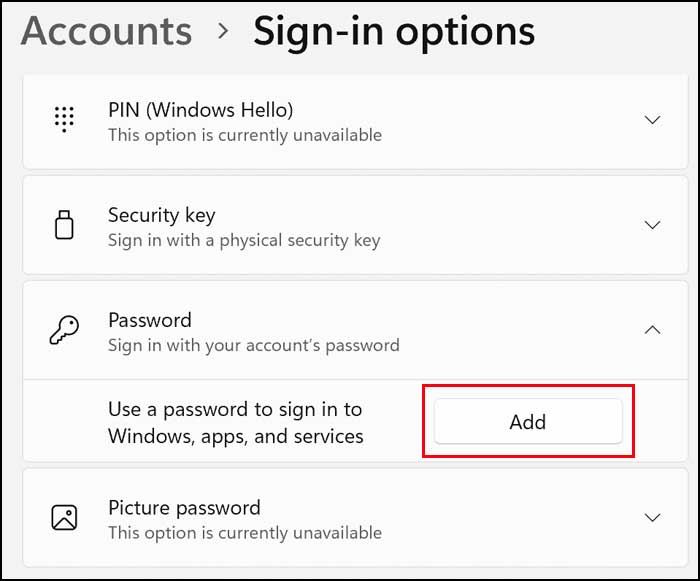
For additional training resources, check out our online IT training courses.
Check out our extensive IT book series.

